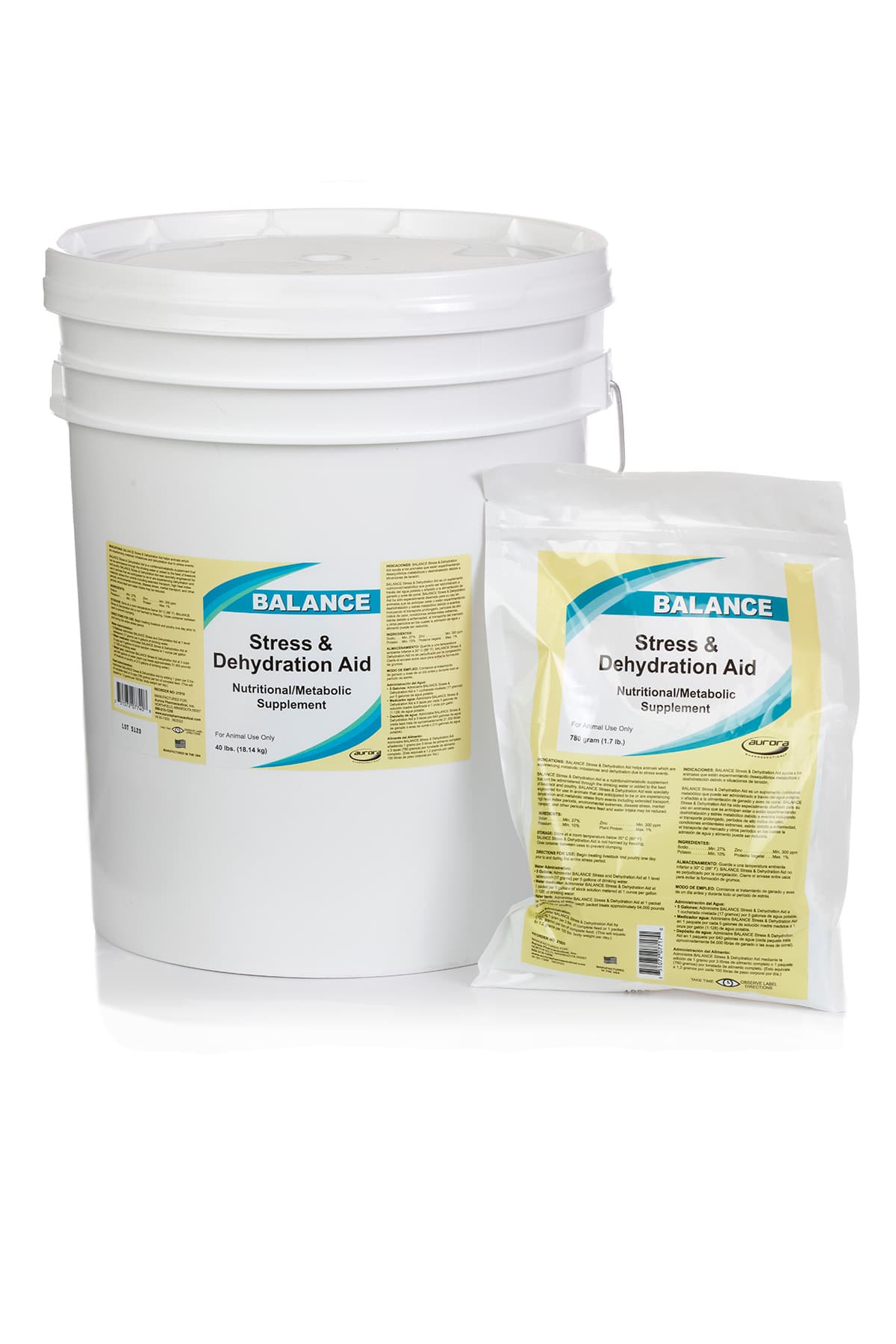
Poultry Stress Management
Best Practices for Stress Management in Poultry Health
Stress Management
Stress in poultry is a major factor that can compromise flock health, reduce productivity, and increase mortality. Whether due to environmental conditions, handling, overcrowding, transportation, noise, or changes in feed, stress can lead to weakened immunity, reduced egg production, poor weight gain, and greater susceptibility to disease.
Effective stress management in poultry starts with providing a stable, well-regulated environment. This includes maintaining optimal temperature, humidity, ventilation, and lighting schedules appropriate for the bird’s age and breed. Minimizing loud noises, sudden movements, and excessive human interaction also helps reduce fear-related stress.
Nutritional balance is another critical factor. Diets enriched with essential vitamins (especially vitamins C and E), electrolytes, and trace minerals can help birds better cope with physical and environmental stress. Probiotic supplementation can further support gut health and immune response, particularly during periods of change such as vaccination, transport, or environmental shifts.
Biosecurity and proper hygiene practices are essential to prevent disease outbreaks, which are both a cause and consequence of stress. Early identification of stress-related behaviors—such as feather pecking, reduced feed intake, or lethargy—allows for timely intervention and improved flock outcomes.
By taking a proactive, multi-faceted approach to stress management, poultry producers can enhance bird welfare, optimize performance, and maintain healthier, more resilient flocks.


